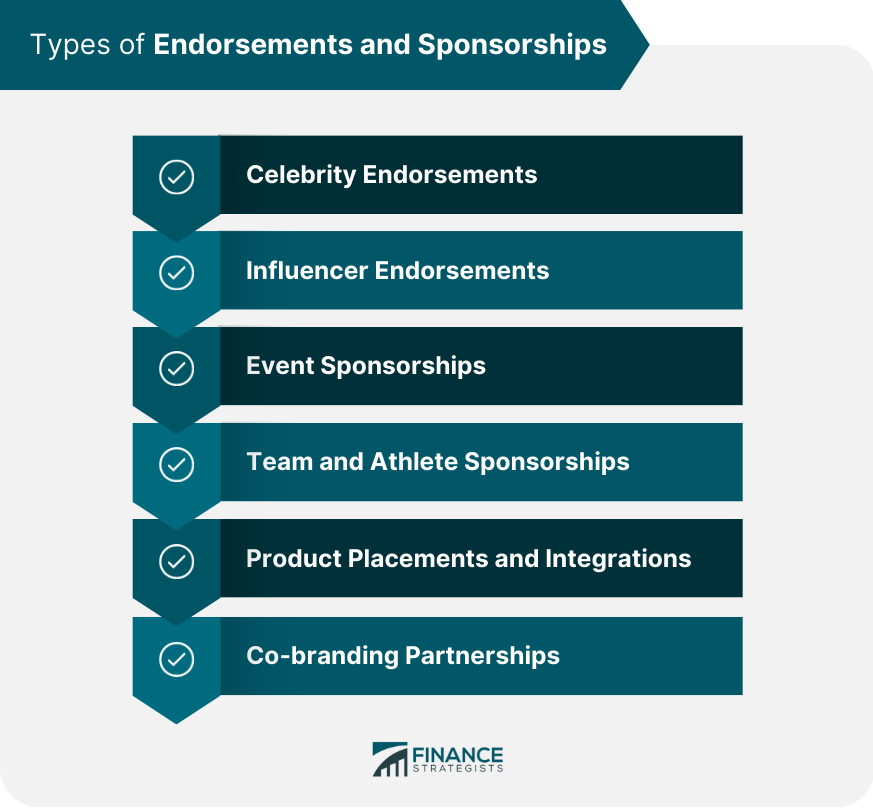
Celebrity endorsements are everywhere. From prime-time television commercials to fleeting social media stories, famous faces are constantly urging us to buy, try, and believe in a vast array of products and services. This pervasive marketing strategy has become an undeniable fixture in our daily lives, influencing everything from the sneakers we wear to the drinks we consume. But how deeply do these glamorous partnerships truly shape our purchasing decisions, and what are the underlying mechanisms that make them so effective?
Understanding the real impact of celebrity endorsements requires moving beyond the surface-level glitz and delving into the intricate psychology and strategic considerations at play. Companies invest enormous sums into these alliances, banking on the idea that the admiration, trust, and aspirational qualities consumers project onto their favorite stars will translate directly into sales and brand loyalty. It’s a complex interplay of perception, influence, and market dynamics that warrants a closer look.
In this in-depth explainer, we will break down the multifaceted world of celebrity endorsements, dissecting how they function, why they exert such a powerful pull over consumers, and the critical factors that determine their success or failure. We’ll explore the historical roots, the psychological triggers, the game-changing role of digital platforms, and specific examples that illustrate the profound effects these partnerships have on our everyday purchases, helping you understand the forces shaping your shopping cart.
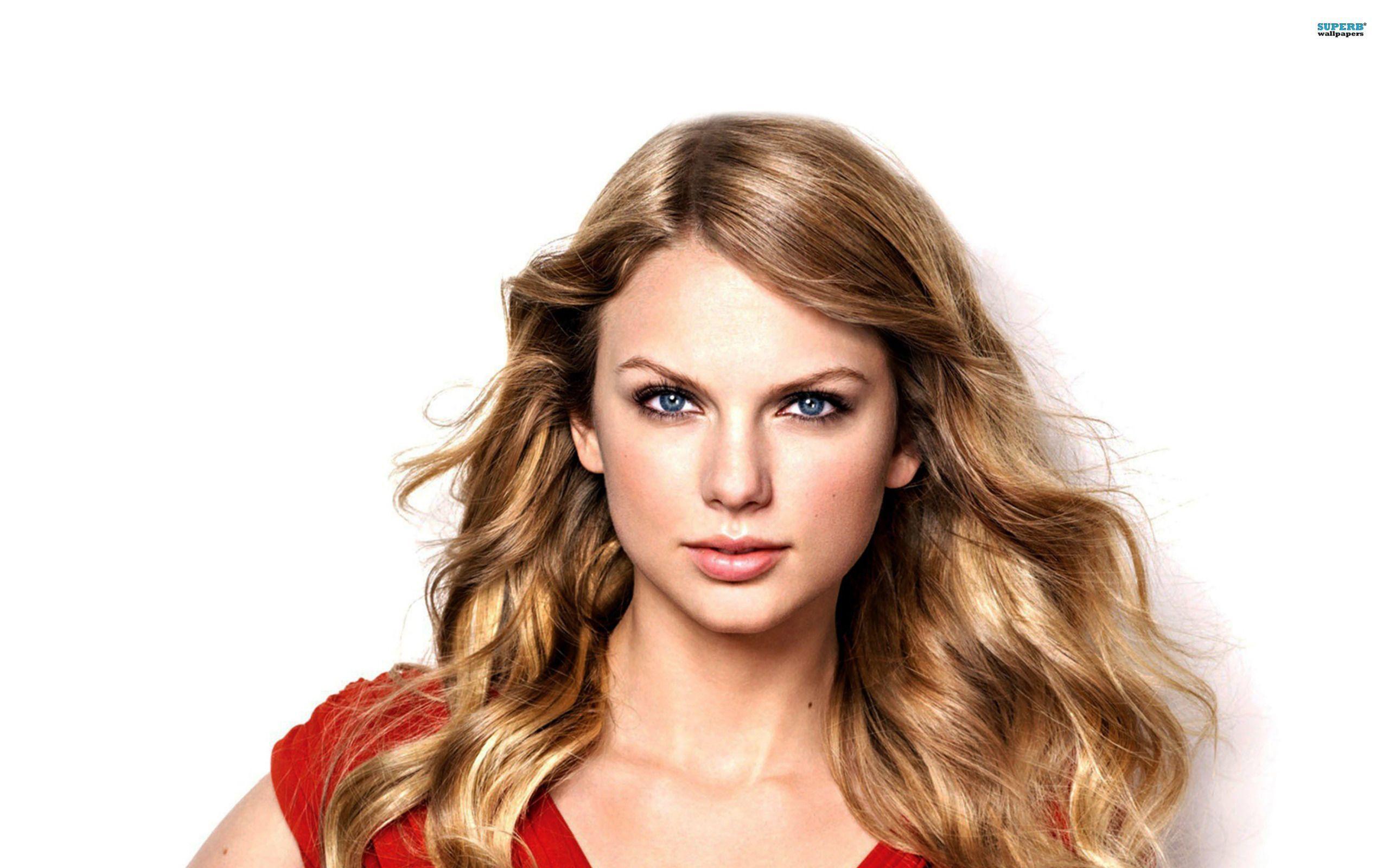
1. **What is Celebrity Endorsement?**At its core, celebrity endorsement is a straightforward marketing strategy: a famous person promotes a product or brand, with the explicit goal of influencing consumer behavior. The fundamental idea is rooted in the belief that consumers will transfer their admiration or trust for the celebrity onto the product itself, thereby increasing its appeal and driving purchase intent. This can manifest across various media, from traditional advertisements to modern social media campaigns and public appearances.
Consider the simple yet powerful example of a renowned sports star endorsing a specific brand of sneakers. For fans of that athlete, the endorsement acts as more than just an advertisement; it becomes a tacit recommendation from someone they admire. This can lead to a heightened likelihood that these fans will choose those sneakers over competitors, motivated by a desire to emulate their hero or simply trust their judgment. The celebrity effectively lends their personal brand equity to the product.
The role of celebrity endorsement, as articulated in market research, is to forge a tangible connection between the consumer and the product. By meticulously selecting the right celebrity, companies can effectively pinpoint specific target audiences, cultivate brand loyalty that transcends fleeting trends, and imbue their product with an irresistible allure. Celebrities frequently embody desirable traits—be it success, beauty, or strength—qualities that intrinsically resonate with and attract potential buyers, creating a powerful aspirational link.
Read more about: 14 Celebrities Who Are Practically Impossible to Hate: Our Fave Stars Who Always Bring the Good Vibes
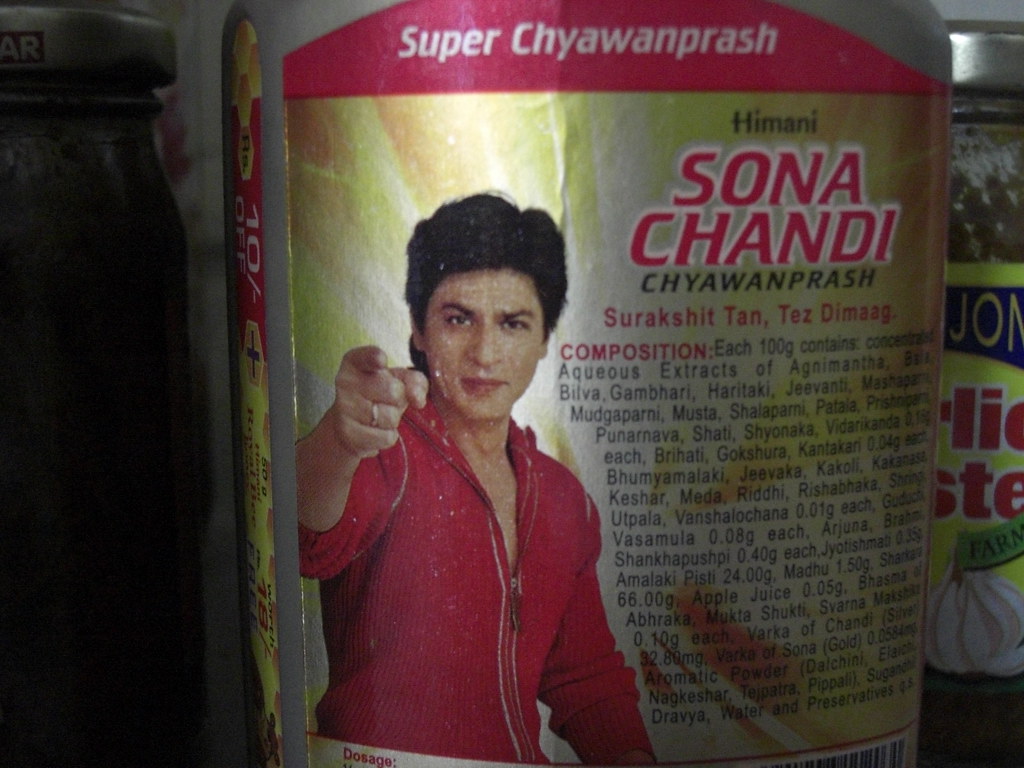
2. **The Core Psychology: Trust, Social Proof, and Emotional Connection**The profound impact of celebrity endorsements on consumer behavior isn’t accidental; it’s meticulously engineered through several deep-seated psychological principles. One of the most critical elements is the concept of trust and credibility. Celebrities, by virtue of their public success and often cultivated image, are frequently perceived as trustworthy figures. When such a popular individual promotes a product, consumers are naturally more inclined to believe in its high quality and efficacy. A well-liked celebrity’s endorsement can significantly boost people’s confidence in their purchasing decision.
Another potent psychological driver is social proof. In situations where consumers are uncertain about a purchase, they often look to others for guidance. A celebrity’s public support for a product serves as a compelling form of ‘social proof,’ signaling that the product is indeed worth buying. The thinking often goes, “If this celebrity likes it, it must be good.” This powerful collective validation can often be the decisive factor that persuades consumers to commit to a purchase, reducing perceived risk and uncertainty.
Perhaps the most compelling psychological aspect is the emotional connection fans often develop with celebrities. This connection transcends mere admiration, often reaching a level where fans feel a personal bond with their idols, aspiring to be closer to them or emulate their lifestyles. When a cherished celebrity endorses a product, consumers may interpret buying it as a direct pathway to share in that celebrity’s success, style, or aspirational way of life. This emotional resonance transforms a transactional purchase into a more personal and often impulsive decision, fostering a deeper, albeit vicarious, bond.
Read more about: Unleashed Psychology: 15 Core Ways Companies Masterfully Manipulate Consumers During Major Holidays

3. **Beyond Recognition: How Endorsements Boost Brand Awareness and Perception**While the psychological underpinnings are crucial, the tangible benefits of celebrity endorsements often manifest first in a brand’s visibility and public image. One of the most immediate and undeniable effects is a significant increase in brand awareness. When a famous individual discusses a product or shares it across their vast social media platforms, the exposure for that brand skyrockets. This heightened attention is a direct pathway to increased sales, primarily because a larger audience is now consciously aware of the brand’s existence and offerings.
Beyond simply making a brand more visible, celebrity endorsements also play a pivotal role in improving brand perception. When a celebrity lends their name and image to a product, it can instantly elevate the product’s status, making it appear more trustworthy, desirable, and premium. Consumers often internalize the belief that if a prominent figure is willing to put their reputation behind a product, it must inherently be of superior quality. This effect is particularly pronounced in sectors such as fashion, beauty, and technology, where brand image and perceived quality are paramount to consumer choice.
This improved perception, coupled with amplified awareness, directly influences buying decisions. Research consistently indicates that consumers are significantly more likely to purchase a product if it is supported by a celebrity they admire. This influence is magnified when there’s a clear alignment between the celebrity and the product’s intended target audience, ensuring that the message resonates deeply with the desired demographic. The endorsement, therefore, functions not just as an advertisement, but as a powerful validation that legitimizes the product in the eyes of potential buyers.

4. **Crafting Success: Factors for Maximizing Endorsement Effectiveness**Not all celebrity endorsements yield equal success; their effectiveness is highly contingent on several critical factors that brands must carefully consider. Foremost among these is the ‘fit’ between the celebrity and the product. The most successful endorsements arise when there’s a natural and believable connection. For instance, athletes promoting sports equipment or actors advocating for skincare products makes intuitive sense to consumers, enhancing the authenticity and believability of the message.
Celebrity credibility is another non-negotiable factor. An endorsement carries significant weight only if the celebrity possesses a strong, positive reputation. If a public figure has been embroiled in scandals or maintains a questionable public image, their endorsement can, paradoxically, harm the product’s credibility rather than enhance it. Brands, therefore, meticulously vet potential endorsers, understanding that their personal brand directly impacts the product’s perceived value and trustworthiness in the market.
The target audience also plays a decisive role in determining an endorsement’s impact. The influence of a celebrity can vary dramatically across different demographics. For example, younger consumers, particularly Generation Z and Millennials, might be more profoundly swayed by a pop star’s endorsement due to their active role in identity development and appearance based on celebrities. In contrast, older consumers might place more trust in recommendations from figures they respect for their expertise or life experience, demanding a different celebrity profile for resonance.
Finally, the medium of promotion significantly impacts how an endorsement is received and its overall efficacy. The platform used to share the endorsement matters immensely in today’s fragmented media landscape. While traditional advertisements in television and print can reach broad audiences, they often feel less personal. Social media endorsements, conversely, can be incredibly powerful precisely because they facilitate direct, seemingly intimate connections between celebrities and their vast fan bases, making the recommendation feel more personal and immediate.

5. **The Iconic Pair: Nike and Michael Jordan**When discussing successful celebrity endorsements, the partnership between Nike and Michael Jordan stands as a monumental case study, almost a legend in itself. This collaboration transcended typical advertising campaigns, giving birth to the iconic Air Jordan line of sneakers. Michael Jordan’s unparalleled success on the basketball court, coupled with his formidable reputation as a champion, became intrinsically linked with Nike’s aspiration to dominate the sportswear market. It was a synergy that redefined both sports marketing and sneaker culture.
The impact of Jordan’s endorsement was not merely about selling shoes; it was about selling a dream. Consumers, particularly basketball fans and aspiring athletes, wanted to wear what Jordan wore. They wanted to embody his athletic prowess, his winning spirit, and his aura of invincibility. This aspirational pull enabled Nike to reach an unprecedented number of consumers, transforming what was initially a basketball shoe into a global fashion and cultural phenomenon. The Air Jordan brand became a symbol of peak performance and undeniable style.
The financial and market share gains for Nike were staggering. The partnership helped Nike become a dominant force in sportswear, establishing a legacy that continues to this day. It underscored the power of aligning a product with an individual whose personal brand is synonymous with excellence and aspirational qualities. The Air Jordan story remains a benchmark for how a celebrity endorsement, when executed with perfect alignment and vision, can create an enduring cultural and commercial empire.

6. **Pepsi’s Endorsement Saga: From Britney to Beyoncé**Pepsi, a titan in the beverage industry, has a long and storied history of leveraging celebrity power to connect with consumers, particularly within the pop culture landscape. In the 2000s, the brand secured a highly visible partnership with teen pop icon Britney Spears, a deal that reportedly brought her at least 50 million dollars. Her effervescent image and massive fan base perfectly aligned with Pepsi’s youthful and energetic brand identity, solidifying its appeal among a crucial demographic during that era.
The legacy of Pepsi’s celebrity endorsements was later continued by one of the most recognized global superstars of our time, Beyoncé. Paid millions to promote the carbonated drink, Beyoncé’s image of energy, success, and undeniable style seamlessly aligned with Pepsi’s brand aspirations. Fans of the acclaimed singer were demonstrably more inclined to choose Pepsi over competing brands, driven by their admiration for her and the implied association with her celebrated lifestyle and achievements.
However, this high-profile partnership also brought its share of ethical scrutiny. Health advocacy groups, concerned about the role of sugary drinks in public health, questioned Beyoncé’s ethics, particularly given her previous involvement in Michelle Obama’s ‘Let’s Move’ fitness campaign. The controversy highlighted a recurring tension in celebrity endorsements: the balance between commercial gain and perceived social responsibility. Yet, for both Pepsi and Beyoncé, the significant boost in product sales and financial compensation underscored that, from their perspective, the deal’s primary objectives were met.
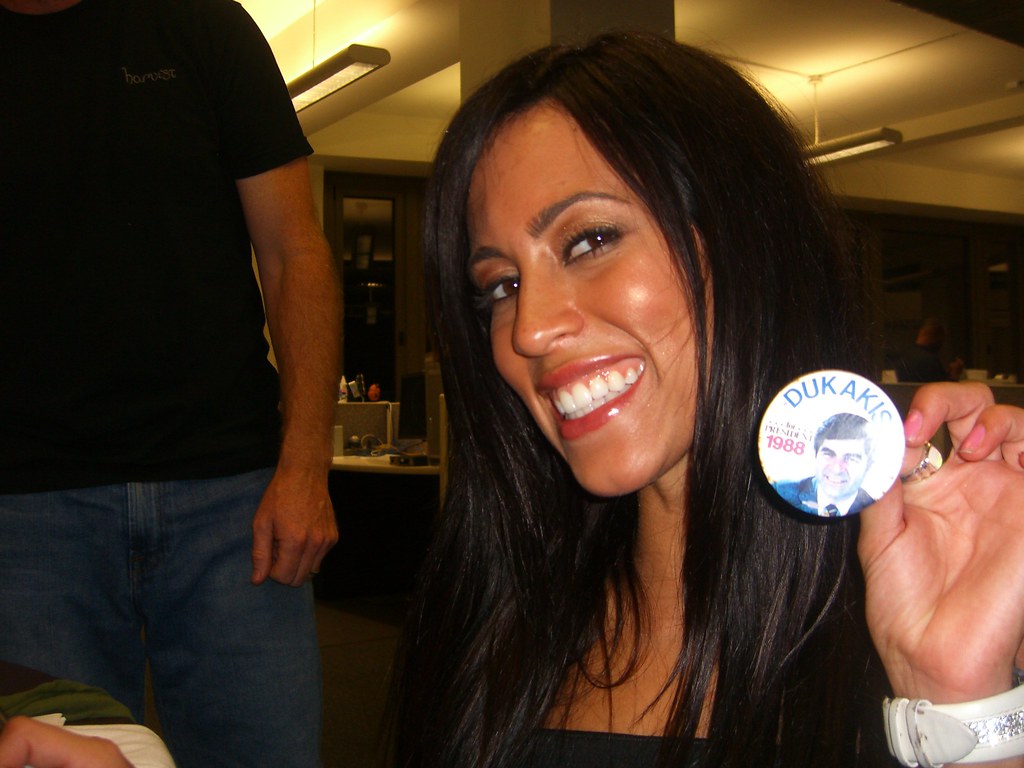
7. **The Digital Revolution: How Social Media Amplified Endorsements**The advent and explosive growth of social media platforms have fundamentally transformed the landscape of celebrity endorsements, making them even more pervasive and potent. While traditional media like TV commercials and print ads once dominated, platforms such as Instagram, TikTok, and Twitter now allow celebrities to connect directly and instantaneously with their legions of followers. This shift has democratized access, making endorsements feel far more personal and immediate than ever before.
This direct line of communication between stars and their fans fosters a heightened sense of intimacy and authenticity, which in turn amplifies trust in the celebrity’s recommendations. When a fan sees a cherished celebrity genuinely engaging with a product in a personal post, it often carries more weight than a highly polished, traditional advertisement. This direct engagement allows for real-time interaction, making fans feel closer to their favorite stars and more likely to follow their purchasing advice, deepening the impact of the endorsement.
The sheer reach and speed of social media mean that endorsements can now proliferate globally and reach millions of people almost instantly, making it an indispensable tool in modern marketing arsenals. Examples abound: Selena Gomez, once the most-followed person on Instagram, saw her Louis Vuitton ads garner over a million likes in just two hours, showcasing the immense power of her digital footprint. Similarly, posts like Kim Kardashian’s tweet about @EOS lip balm or Justin Bieber’s shout-out to @1800flowers illustrate how even short, seemingly casual mentions can translate into massive exposure.
However, this digital intimacy also brings forth ethical considerations. The blurring lines between genuine personal use and paid promotion often mean these “product placements disguised as normal posts can be regarded as a deceptive form of marketing.” Consequently, there are ongoing efforts and regulations being developed to ensure that sponsored content on social media is clearly identified as an advertisement, promoting transparency and safeguarding consumer trust in this evolving digital endorsement space.
Navigating the complexities of celebrity endorsements means looking beyond the immediate spotlight to understand the deep strategic considerations that shape their ultimate impact and longevity. While the allure of famous faces can quickly capture attention and build initial trust, the true measure of their effectiveness lies in a careful balance of financial prudence, risk management, and a nuanced understanding of diverse consumer landscapes. As we delve deeper, it becomes clear that successful celebrity partnerships are not merely about star power, but about intricate planning and adaptation in an ever-evolving market. This section unpacks these critical strategic dimensions, from the substantial financial investments required to the inherent risks that can make or break a campaign, and how endorsements resonate differently across demographics and global stages, culminating in a forward-looking perspective on what’s next for this powerful marketing tool.
Read more about: Kim Kardashian’s Unstoppable Reign: Tracing the Path to Her $1.7 Billion 2025 Empire

8. **The Steep Price Tag: Unpacking the Financial Implications**While celebrity endorsements are undeniably potent marketing tools, their effectiveness often comes with a substantial financial cost. Hiring a globally recognized celebrity to represent a brand is not a small undertaking; it frequently requires a huge investment, making it a significant commitment for any company. This substantial outlay means that for smaller companies, the financial risk can be considerable, as an immediate and proportional return on investment might not always be guaranteed, demanding careful calculation and strategic foresight.
However, for major brands, the willingness to spend large amounts on these partnerships is often justified by the anticipated gains. They understand that the right celebrity, meticulously chosen for their alignment with the brand, can lead to a significant boost in sales, market share, and overall brand equity. This strategic investment is seen as a pathway to massive exposure and enhanced credibility, which can translate into long-term customer loyalty and a strengthened market position that far outweighs the initial expense.
The scale of these investments is truly staggering, reflecting the perceived value of celebrity influence. For instance, Nike, a titan in the sportswear industry, is reported to spend a colossal $475 million annually on securing athletes to endorse their brand. Such figures underscore the belief held by market leaders that the power of celebrity association is a critical driver of commercial success. Furthermore, market reports indicate that a simple announcement of a brand signing a celebrity or athlete can often trigger a slight increase in stock prices and, on average, a 4% rise in sales, demonstrating the immediate financial uplift these partnerships can generate.
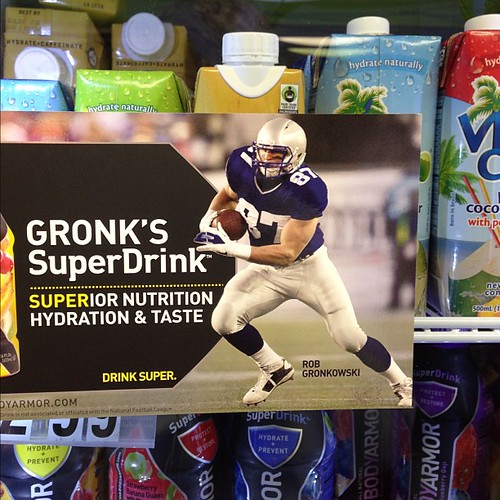
9. **The Double-Edged Sword: Managing the Risks of Endorsement**Despite their undeniable potential, celebrity endorsements are not without their inherent risks, presenting a double-edged sword for brands that fail to manage them diligently. One significant concern is overexposure: if a celebrity lends their image and name to too many products across various industries, the impact of each individual endorsement can become diluted. Consumers may begin to perceive the celebrity as less genuine or authentic, leading to a diminished persuasiveness of their recommendations and a questioning of their true allegiance.
Another critical risk revolves around the celebrity’s personal life and public image. Celebrities, like all individuals, are susceptible to scandals, and such controversies can have severe repercussions for the brands they endorse. If a public figure becomes embroiled in negative press or behaves poorly, it can directly damage the brand’s reputation by association, hurting sales and eroding consumer trust. The case of Tiger Woods, who lost several endorsement deals after his personal issues became public, serves as a stark reminder of how quickly a brand can suffer from a celebrity’s tarnished image. In Nike’s situation, their decision to retain Woods despite the highly publicized scandal led to a significant loss of $1.7 million in sales and 105,000 customers, illustrating the tangible commercial fallout.
Beyond personal scandals, a crucial risk lies in a fundamental mismatch between the celebrity and the product. If an endorsement feels inauthentic because the celebrity’s image or lifestyle doesn’t genuinely align with the product, consumers are quick to sense this disconnect. This lack of organic fit can significantly reduce the effectiveness of the marketing campaign, as the message may not resonate with the target audience or may even be perceived as disingenuous. The backlash faced by Beyoncé for endorsing Pepsi, particularly given her prior involvement in Michelle Obama’s ‘Let’s Move’ fitness campaign, highlights the ethical scrutiny and consumer skepticism that can arise when an endorsement appears contradictory to a celebrity’s public persona.
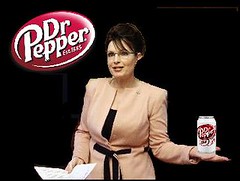
10. **Authenticity at the Core: Choosing the Right Celebrity for Lasting Impact**The success of any celebrity endorsement hinges critically on the perception of authenticity and the careful selection of the right figure. Consumers are increasingly discerning, and if an endorsement feels manufactured or purely transactional, its impact can be severely undermined. For an endorsement to truly resonate, there must be a genuine, believable connection between the celebrity and the product, demonstrating that the celebrity is not just promoting for monetary gain, but genuinely uses or believes in what they are advocating.
Authenticity plays a colossal role in fostering consumer trust. People are far more inclined to trust a product recommendation when they believe the celebrity is genuinely passionate about it, making the endorsement feel more real and relatable. When a celebrity promotes something they don’t truly believe in or use, it can quickly appear fake, leading consumers to lose trust not only in the brand but also in the celebrity themselves. This genuine connection translates into more believable and, ultimately, more effective endorsements in the long run.
Therefore, the strategic choice of a celebrity is paramount. The chosen individual’s image, personality, and values must align seamlessly with the brand’s identity and its core message. For instance, an eco-friendly brand would logically seek a celebrity known for their environmental activism, while a luxury brand would gravitate towards a figure embodying wealth and sophistication. When the celebrity and the brand’s message are mismatched, the endorsement is likely to fall flat, failing to convince consumers and potentially even harming the brand’s carefully cultivated image. This rigorous alignment ensures that the endorsement feels natural and credible, solidifying its persuasive power.
Read more about: 14 Revolutionary War Films That Missed the Mark on History — A Deep Dive into Cinematic Liberties
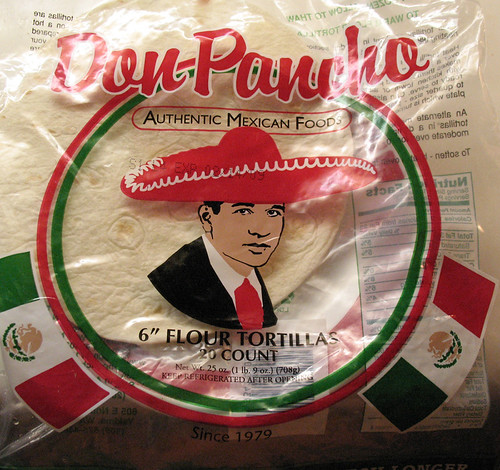
11. **Youthful Vibrancy: Celebrity Influence on Young Consumers**One of the most profoundly impacted consumer segments by celebrity endorsements is the younger demographic, particularly teenagers and young adults. This age group, including Generation Z (ages 15-20) and Millennials (ages 21-34), often looks up to celebrities as significant role models, making them highly susceptible to their influence. For these younger consumers, who are actively engaged in developing their identities and appearance, purchasing products endorsed by their favorite stars can be a powerful way to emulate desirable traits or align with aspirational lifestyles.
Research consistently highlights this heightened susceptibility. A study conducted by the University of Arkansas in collaboration with the Manchester Business School in London found that consumers aged 18-24 take on an active role in shaping their identities and outward presentation based on celebrity figures. This makes them significantly more receptive to celebrity brand endorsements compared to older age groups, showcasing a deep psychological connection where endorsements are perceived as advice from a trusted friend, guiding their choices in fashion, beauty, and technology.
For brands aiming to capture the attention and loyalty of younger audiences, celebrity endorsements become an indispensable tool. The influence of pop culture figures like musicians and actors resonates strongly within this demographic, often driving purchasing decisions with remarkable speed. This profound impact on young consumers underscores why brands specifically targeting this age group can achieve immense success by strategically partnering with the right celebrities who authentically connect with their youthful audience, transforming admiration into tangible sales and brand affinity.
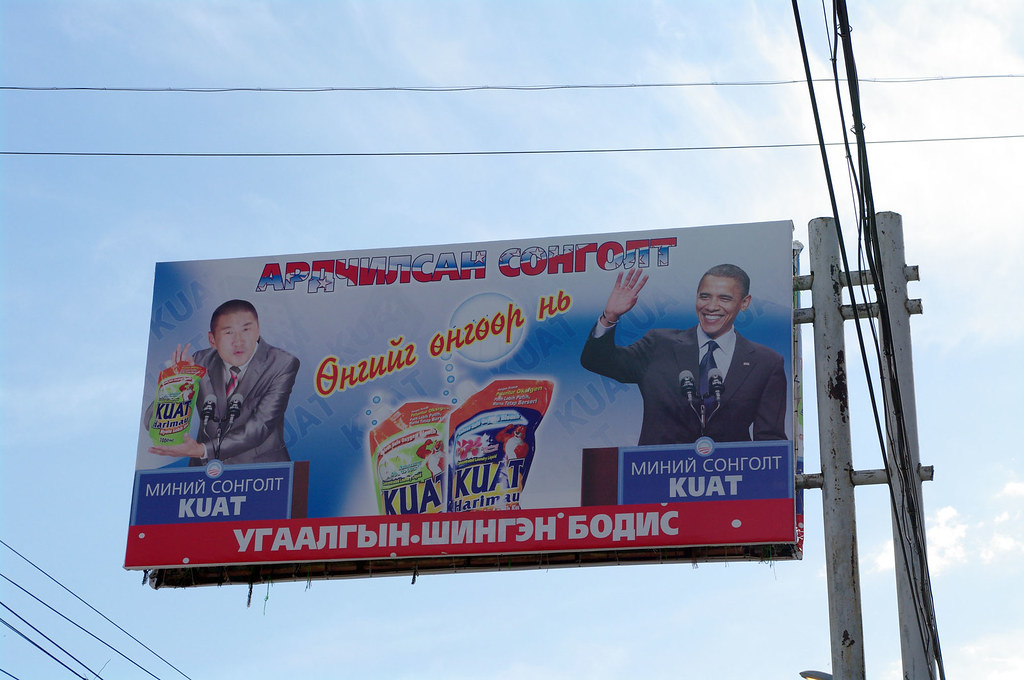
12. **Broadening Horizons: Endorsements Across Demographics and Global Markets**The impact of celebrity endorsements isn’t uniform; it varies significantly across different consumer groups, necessitating a tailored approach. While younger consumers exhibit a high degree of influence from pop culture figures, middle-aged consumers tend to be less swayed by celebrity endorsements, instead placing a greater emphasis on a product’s intrinsic quality and practical benefits. Their purchasing decisions are often driven more by rational assessment than by aspirational association, requiring brands to adapt their messaging accordingly.
Conversely, luxury shoppers represent another distinct demographic that typically responds very well to endorsements, particularly from celebrities who embody wealth, style, and an aura of exclusivity. For this group, the celebrity’s status and perceived lifestyle reinforce the premium nature of the product, adding to its desirability and justifying its higher price point. In the digital age, social media users across all demographics, particularly those active on platforms like Instagram and TikTok, are highly influenced by celebrities due to the direct and interactive nature of these platforms, which make endorsements feel more personal and immediate.
Beyond domestic market segments, celebrity endorsements also wield significant global reach. With the omnipresence of social media, celebrities can promote products to vast audiences across the world, making this strategy particularly crucial for brands with international expansion ambitions. An endorsement that gains traction in one country can quickly spark interest and demand in other regions, leading to increased sales and a broader customer base globally. This ability to instantly connect with diverse international audiences underscores the immense value of celebrity endorsements in fostering worldwide brand recognition and engagement.

13. **Substance Over Style: The Enduring Importance of Product Quality**While celebrity endorsements can create an initial magnetic pull, attracting consumers to a brand, their long-term success is fundamentally anchored in the quality of the product itself. In an age where consumers are increasingly educated and have instant access to information, blind faith in celebrity recommendations is steadily waning. A celebrity might capture attention and pique interest, but if the product fails to deliver on its promises or perform as expected, consumers will quickly move on.
It is the inherent quality of your product that cultivates repeat business and fosters genuine loyalty, not merely the celebrity association. Modern consumers are far more aware and critical about their purchasing decisions, often asking crucial follow-up questions: Is the product truly good? Is their money being well spent? Are there better alternatives available? And most importantly, is it the best fit for their individual needs and situation? This shift means brands cannot solely rely on a famous face to sustain interest; the product must speak for itself.
Ultimately, a brand must articulate *why* a product makes sense for individual consumers and *what problem* it effectively solves for them, rather than solely depending on the aspirational glow of a celebrity. Charles R. Pettis III, a branding expert, profoundly articulated that a brand is the proprietary visual, emotional, rational, and cultural image associated with a company or product. If brands neglect rationality, emotional value, or a consistent visual and cultural image by pushing products lacking substance, they risk alienating their core consumers. The core message needs to be about the consumer and their needs, with the celebrity acting as an amplifier, not the sole selling point.
Read more about: 13 Iconic 1980s Classics: Unearthing Automotive Treasures Whose Values Are Soaring for Collectors

14. **The Evolving Horizon: Future Trends in Celebrity Endorsements**The landscape of celebrity endorsements is dynamic, and as social media continues its explosive growth, its importance is only projected to intensify. The future of this marketing strategy will likely be characterized by an even greater emphasis on personalization and authenticity, adapting to a consumer base that is increasingly discerning and cautious about who they choose to trust. This evolution points towards more nuanced and impactful collaborations that resonate deeply with specific audiences.
One significant trend shaping the future is the expanding role of influencers and micro-celebrities. These individuals, while perhaps not traditional celebrities in the classic sense, wield substantial influence within their niche communities due to their highly engaged, often smaller, followings. Brands are increasingly recognizing the power of these figures to foster more personal connections with consumers, leading to campaigns that feel more authentic and relatable than large-scale, mass-market endorsements. This shift will require brands to adapt their strategies to leverage these new digital platforms effectively.
As consumers become more sophisticated, demanding transparency and genuine connections, brands will need to prioritize choosing celebrities who truly believe in and genuinely use the products they endorse. The future will likely see fewer purely transactional endorsements and more strategic partnerships built on shared values and authentic product love. This means developing creative campaigns that move beyond mere product placement, focusing instead on real-time interactions and deeply personalized engagements that guide consumers through their purchasing journey in a way that feels both informative and trustworthy.
The future of celebrity endorsement will undoubtedly involve a blend of traditional star power and the agile, intimate reach of digital influencers. While traditional advertisements featuring iconic celebrities will likely retain their efficacy for broad brand building, the emphasis will increasingly be on creating personalized endorsements that are tailored to resonate with specific audience segments. The ultimate goal for brands will be to provide consumers with the tools and context needed to validate a product’s individual fit, recognizing that what works for one celebrity might not necessarily work for every consumer. The brands that master this delicate balance of aspiration, authenticity, and individualized value will be the ones that thrive in the evolving landscape of celebrity influence.

